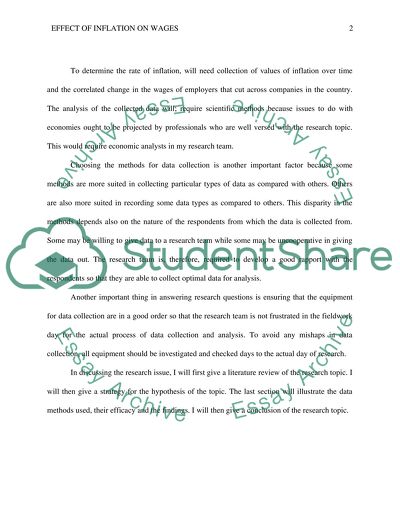Cite this document
(“Effect of inflation on wages Research Paper Example | Topics and Well Written Essays - 3000 words”, n.d.)
Retrieved from https://studentshare.org/macro-microeconomics/1421671-effect-of-inflation-on-wages
Retrieved from https://studentshare.org/macro-microeconomics/1421671-effect-of-inflation-on-wages
(Effect of Inflation on Wages Research Paper Example | Topics and Well Written Essays - 3000 Words)
https://studentshare.org/macro-microeconomics/1421671-effect-of-inflation-on-wages.
https://studentshare.org/macro-microeconomics/1421671-effect-of-inflation-on-wages.
“Effect of Inflation on Wages Research Paper Example | Topics and Well Written Essays - 3000 Words”, n.d. https://studentshare.org/macro-microeconomics/1421671-effect-of-inflation-on-wages.


